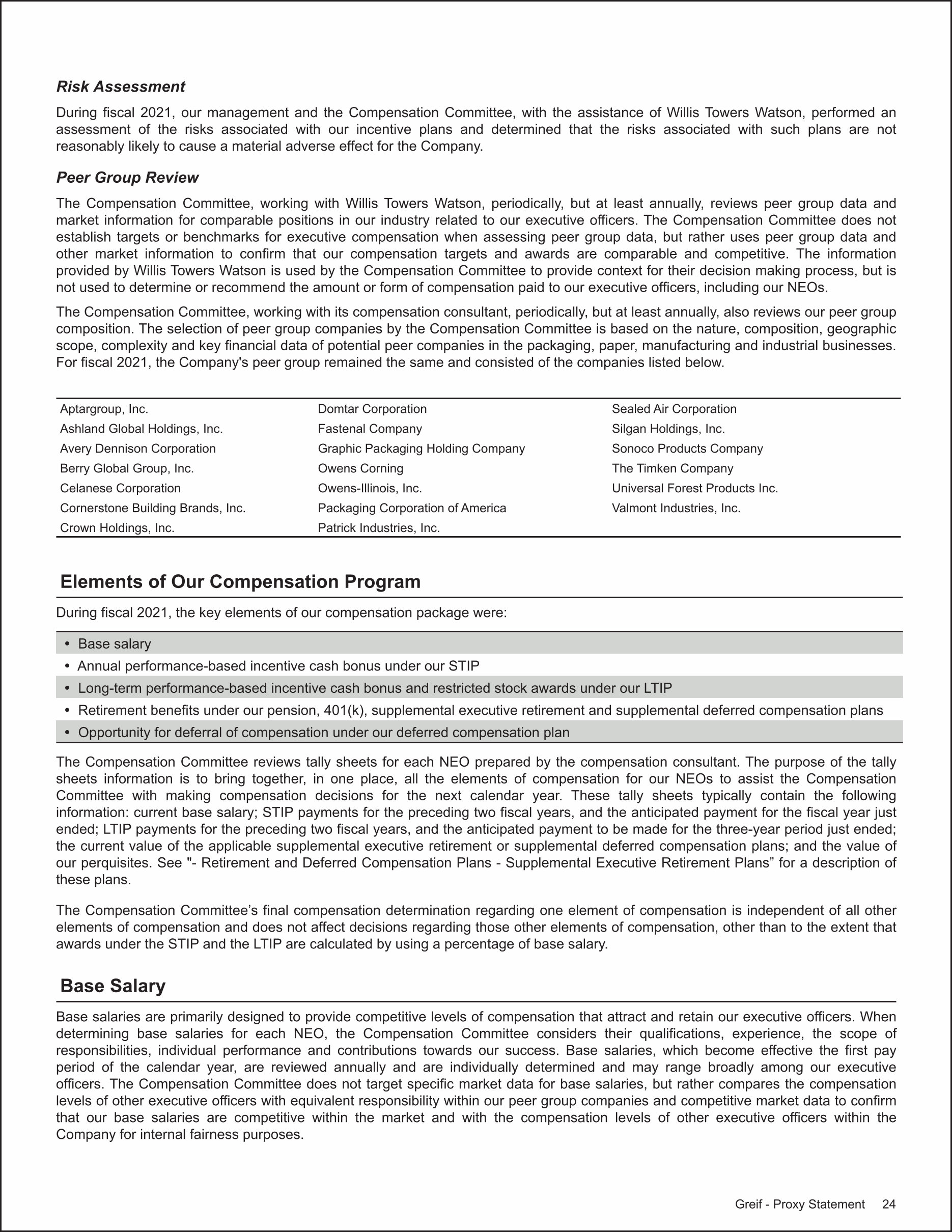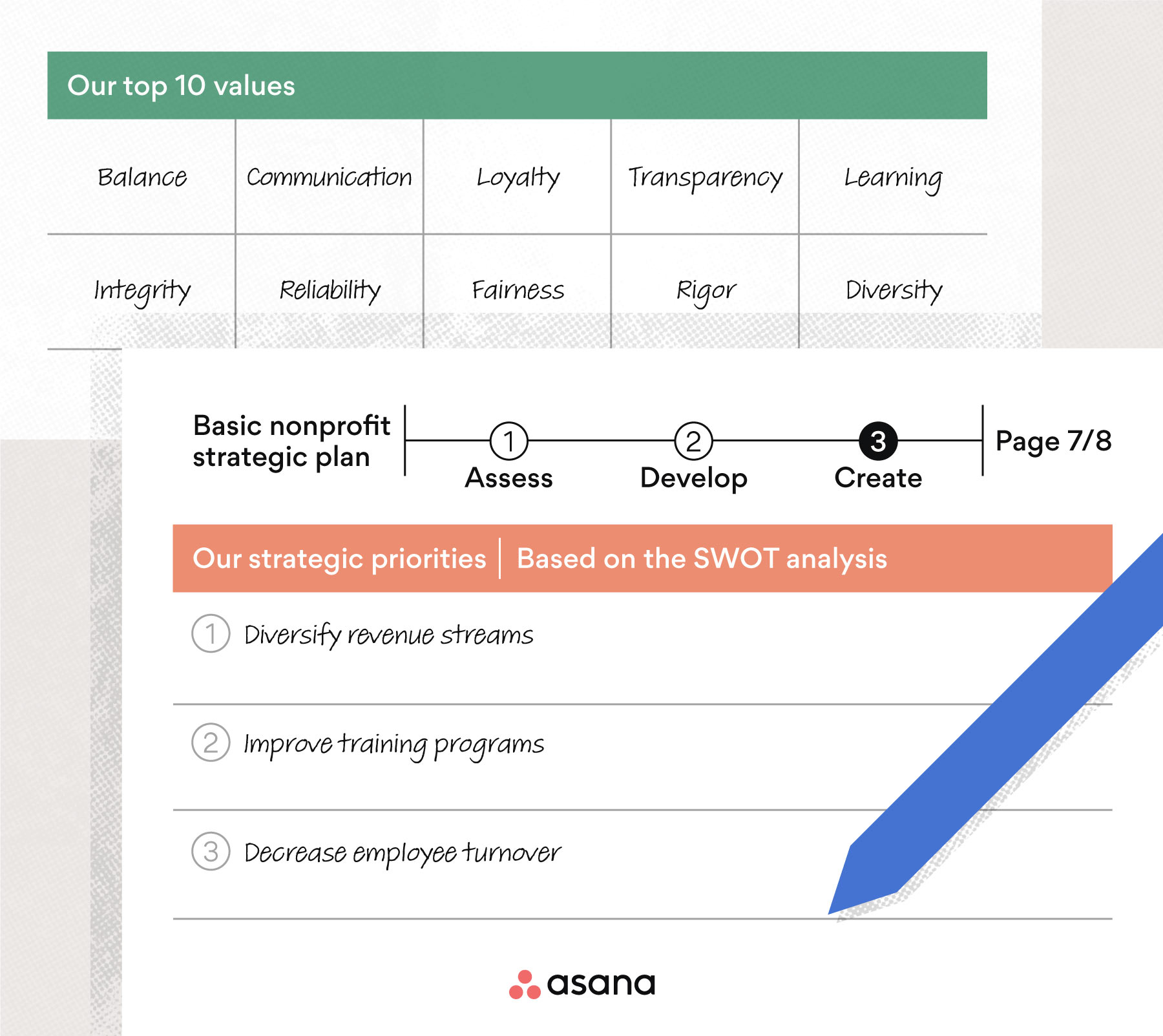
Despite having similar meanings advisor and adviser can be used in different ways. The former is more commonly used in North America, where it is often used for official job titles, government roles, and formal writing. It is also a more common choice for the titles of professional advisors. It also has a more formal feel, thanks to the Latin suffix -or.
Style: AP
It is important that advisors and advisory staff are cited according to the AP style guidelines. First and last names should always be capitalized in most cases. Degree abbreviations should be in lowercase. Academic Advising Community prefers AP format. There are also certain rules regarding the use of em dashes or en dashes within titles.
If you have the choice of using advisor instead of adviser, you should avoid using "advisor". The New York Times, for example, uses adviser instead of adviser. The AP Stylebook concurs with this choice. However, the New York Times says advisor should be used more often in academic and professional circles. Some industries, including financial services, follow the Chicago Manual of Style, which doesn't follow AP style.
Chicago Manual of Style
Many editors adhere to the Chicago Manual of Style while they write. The manual does not have a definitive spelling rule, but it does state that all documents should be consistent. This means that you should use whichever spelling is most preferred by your reader. There are situations when you may need to use a different spelling. You might use "advisor" for professional correspondence, but "adviser" is appropriate for personal journals.

Style is another area where there can be disagreement. Use consistent spelling when using the term "advisor". A style guide can help you spell and use words correctly. You should also consider how certain terms are used in a particular institution.
Styles from the Associated Press
Editors and journalists looking to create a professional style guide are well served by the AP Stylebook. The Associated Press Stylebook is also known as The Associated Press Briefing On Media Law. The AP Stylebook was created by American journalists for The Associated Press. It has become a standard for journalists worldwide and is an important reference point for the media.
AP style is a way to ensure that your writing is concise, clear, and readable. It makes it easier to share your writing with journalists. Many corporations and PR agencies require their copyeditors take an AP style test. By ensuring that your writing is in the AP style, you'll improve your chances of being noticed and gaining positive media coverage.
Advisor vs. adviser: Meaning
There are two meanings to the term adviser. The meaning of adviser depends on its context. It can refer to either a person or an organization. A person who gives advice to another person is called an adviser. It can also be used verbally and is often shortened to advisor. It is often found in academic work and official titles. It can also appear in professional titles such national security advisors and financial advisers.
In the United States, the word advisor is most commonly used for formal writing, official job titles, and academic contexts. It can be used in government, but it varies according to the region. The US uses adviser to designate a professional adviser.

Spelling differences
Although adviser sounds similar, the spellings of these words are different. The U.S. and Europe are more familiar with the adviser ending, while some newspapers prefer this variant. It is more frequent in U.S. official titles, particularly in academic settings. They can both be used correctly in the exact same context.
Even though both titles can be held concurrently, adviser is most commonly used in the United States. However, some grammarians believe that adviser is more formal than adviser. However, adviser and adviser share the same meaning despite their differences. They are only different in how they are pronounced and used in specific contexts.
FAQ
What is a consultant?
A consultant is someone who offers services to others. Consultant is not just a job title. It's a position where you help people achieve their goals. This involves helping them to understand their choices and making the right choices.
Consultants are skilled at solving problems and overcoming challenges that can arise during projects. Consultants can also offer advice and guidance regarding how to implement these solutions.
Consulting should be able answer any questions related to technology, finance, law and management.
How much does it take to hire a consultant
The cost to hire a consultant depends on many factors. These include:
-
Project size
-
Time frame
-
Scope of employment
-
Fees
-
Deliverables
-
Other considerations such as experience level, location, etc.
How did modern consultancy become possible?
The first consultants were accountants who helped companies manage their finances. Because they were skilled in managing financial information, they became "accounting consulting". They soon expanded their roles into other areas like human resources management.
The French word meaning "to advise" in French is what gave rise to the term "consultant". This term was originally used by businessmen to denote someone who could give guidance on how to run an enterprise. The word consultant is still used by most business owners to refer to any kind professional advisor.
How much do consultants make?
Although some consultants can make more than $100k annually, the majority of consultants earn between $25-$50k. A consultant's average salary is $39,000 This includes both salaried and hourly consultants.
Salary depends on experience, location, industry, type of contract (contractor vs. employee), and whether the consultant has his/her own office or works remotely.
What is the difference between consulting and freelancing?
Freelancers are individuals who work for themselves and offer their services to clients. They usually charge an hourly rate based on how much time they spent on a project. Consultants usually work for agencies or companies that employ them. Their salaries are paid usually monthly or annually.
Consultants often have more flexibility, while freelancers can choose to work when they want and set their own rates. Consultants, however, often have better benefits such as retirement plans, vacation days, and health insurance.
Statistics
- Over 62% of consultants were dissatisfied with their former jobs before starting their consulting business. (consultingsuccess.com)
- Over 50% of consultants get their first consulting client through a referral from their network. (consultingsuccess.com)
- According to IBISWorld, revenues in the consulting industry will exceed $261 billion in 2020. (nerdwallet.com)
- WHY choose me: Why your ideal client should choose you (ex: 10 years of experience and 6-week program has helped over 20 clients boost their sales by an average of 33% in 6 months). (consultingsuccess.com)
- On average, your program increases the sales team's performance by 33%. (consultingsuccess.com)
External Links
How To
How To Find The Best Consultant?
First, ask yourself what kind of consultant you are looking for. Before you start looking for someone to work with, it's important that you know your expectations. Make a list of everything you think you might need from a consultant. These could include professional expertise, technical skills and project management abilities, communication skills, availability, and other things. After you have outlined your requirements, you might want to ask friends and colleagues for recommendations. Ask them about their experiences with consultants and compare their recommendations to yours. Do some internet research if they don't have recommendations. There are many websites that allow users to leave feedback about their previous work experiences, such as LinkedIn and Facebook, Angie's List or Indeed. Take a look at comments and ratings from others, and use that data to find potential candidates. Once you have a short list of candidates, contact them to arrange an interview. You should discuss your requirements with the candidates and ask them how they can help. It doesn't matter whether they were recommended to you or not; just ensure that they understand your business objectives and can demonstrate how they can help you reach those goals.